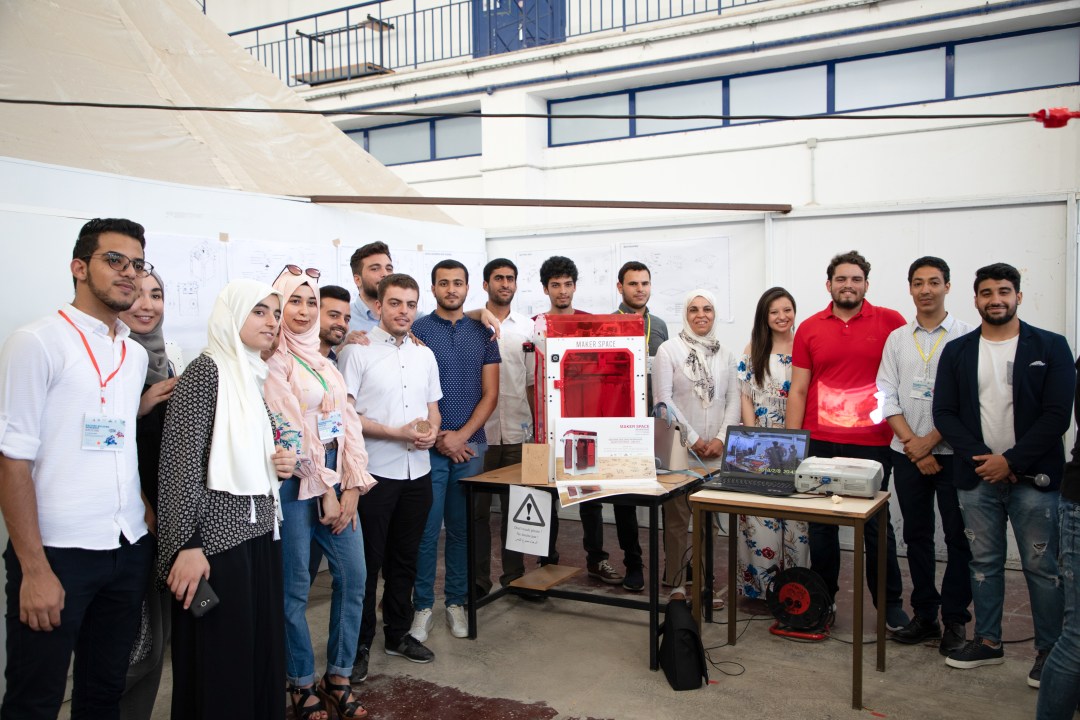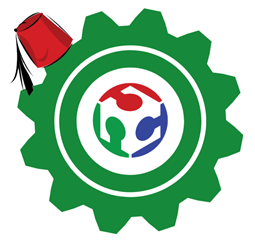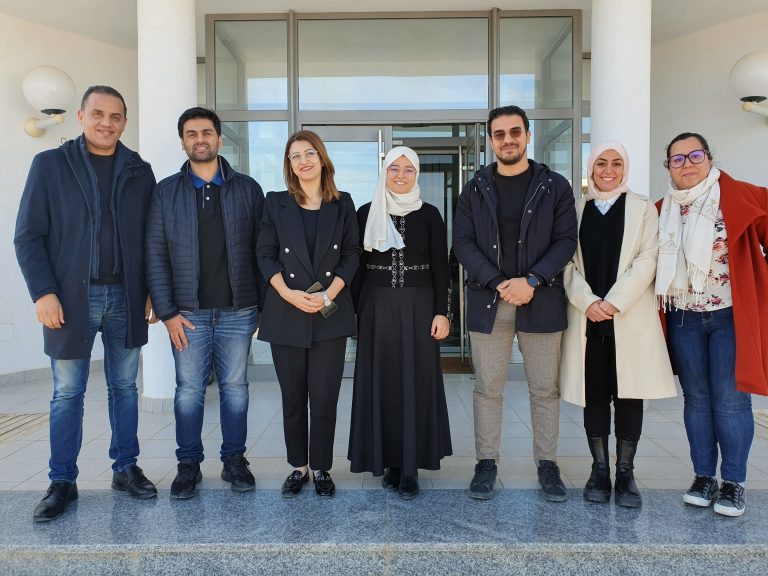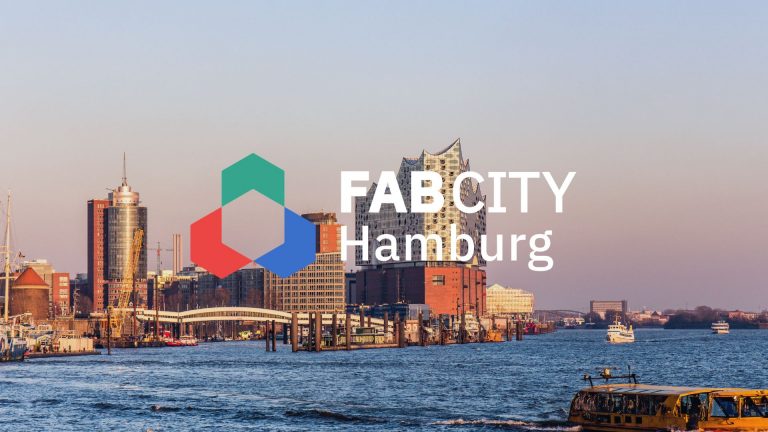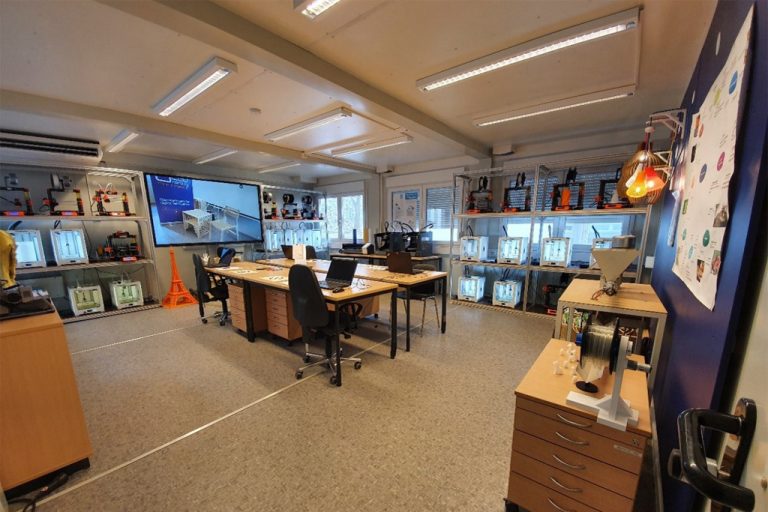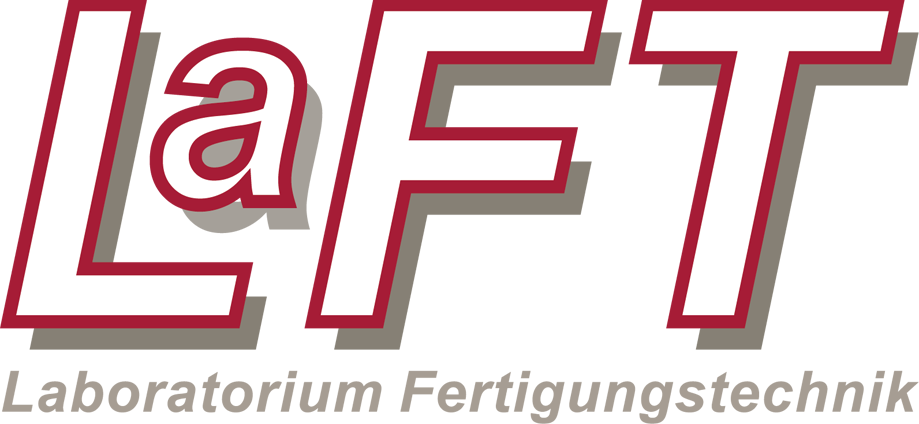Places of Incubovation (PISWI)
How can the open lab concept be sustainably transferred to help improve the research and innovation landscape?
In the PISWI project, the development, implementation, and dissemination of Open Labs as spaces for experiential technological learning are investigated. It also focuses on the development of hardware products and innovations based on Open Source Appropriate Technology (OSAT). These activities will actively contribute to the development of an infrastructure for open manufacturing in Tunisia. Furthermore, business models for concrete use cases are developed in this context.
The aim of the project is to gain new insights into the potential of open production spaces (so-called open labs) and open source hardware in the field of digital manufacturing, hardware prototyping and product development. In addition, scientific (empirical) insights into mechanisms and characteristics of participatory value creation patterns based on new economic ways of thinking and innovating are of strong interest. To this end, a close link between higher education, industrial needs, and applied research and development will be established.
Participatory research approach
To achieve this, a participatory research approach is used that involves users in the development, implementation, and evaluation phases from the very beginning. An exploratory case study will investigate how and under which conditions OSAT and Open Labs for technological empowerment and innovation in the field of digital manufacturing and product design can contribute to a new kind of value creation. The results of the accompanying research will serve as a basis for deriving further recommendations for policymakers in the areas of technology and knowledge transfer, innovation as well as business development. This should result in concrete proposals on how to improve the application orientation of research and education at universities in Tunisia to benefit society and the local economy.

To this end, in addition to business models for the sustainable operation of an open lab, teaching modules for academic and vocational-academic training in the open source hardware sector as well as for business model development and idea generation are being developed and implemented so that the participants can subsequently do business and innovate sustainably themselves.
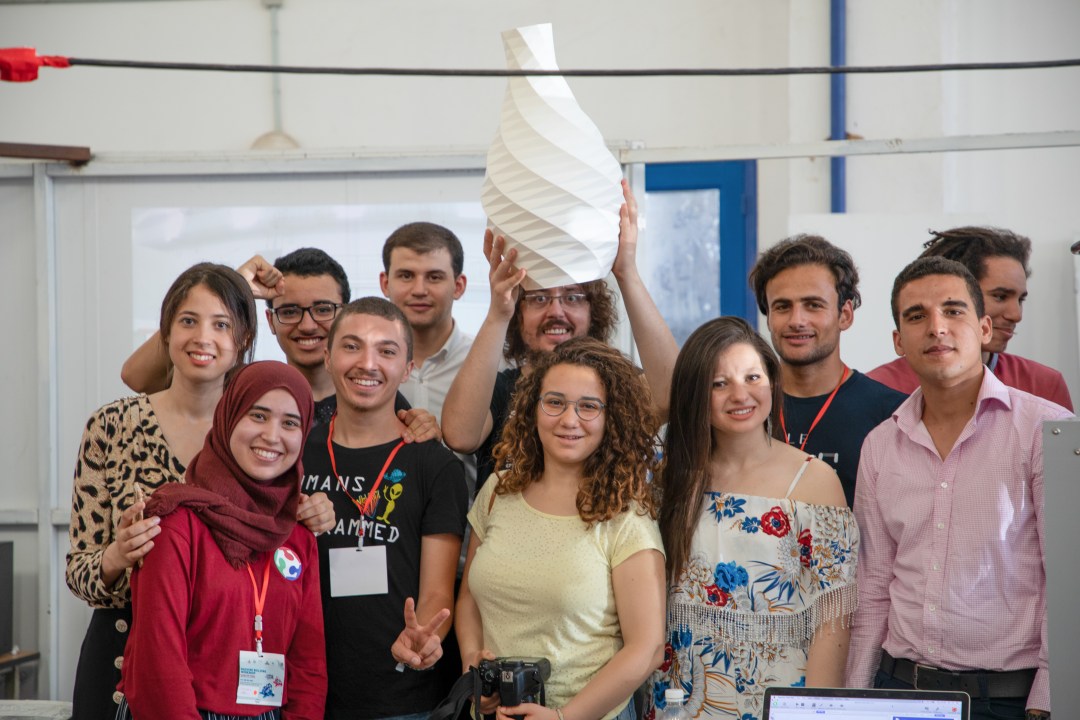
Mechanical Engineering Workshops
Specifically, two machine-building workshops are planned for the development of the Open Lab. In these workshops, up to 80 participants can be trained in the use of the open source machines and up to 20 new machine trainers can be trained. In addition, academic courses will be developed in which up to 70 students can participate. Finally, practical recommendations for action to improve the research and innovation landscape will be derived for policymakers (white paper), which will provide political support for scaling up open labs in Tunisia in a follow-up evaluation. Furthermore, the project will strengthen the research and innovation policy advisory competence in both countries, Tunisia and Germany.
The execution of the project and the implementation of the Open Lab is done with local actors from research and industry in the Tunisian textile sector. The research network is coordinated by the staff of the New Production Institute and consists of the Helmut Schmidt University, the National Engineering School of Tunis (ENIT) – Tunis el Manar, the National Engineering School of Monastir (ENIM), the Institut Supérieur des Études Technologieques de Ksar Hellal (ISET) and the Monastir-El Fejja (la Manouba) competitiveness cluster (mfcpole).
Facts and figures
Project title: Collaborative project: pilot project to close technological learning, production, and innovation gaps through the implementation of OpenLabs to test feasibility and develop policy recommendations for the Tunisian textile sector.
Runtime: 2021-2024.
Sponsored by:

Related links:
Makers for Tunisia
OpenLab an der Helmut-Schmidt-Universität in Hamburg
Publications
Oladele-Emmanuel, B.D.: Measuring and Managing User Innovation in Emerging Economies: Case Study of South West Nigeria, Dissertation, Helmut Schmidt University, 2020. https://openhsu.ub.hsu-hh.de/handle/10.24405/9825
Buxbaum-Conradi, S. und Basmer-Birkenfeld, S.V.; Redlich, T.: OPEN LABs: Erfahrungsbasiertes, vernetztes Lernen in offenen Produktionswerkstätten. Themenheft Lernen unter dem Aspekt der Vernetzung, Lernen&Lehren 135 (4/2019).
T. Redlich et al., “OpenLabs — Open Source Microfactories Enhancing the FabLab Idea,” 2016 49th Hawaii International Conference on System Sciences (HICSS), 2016, pp. 707-715. https://www.computer.org/csdl/proceedings-article/hicss/2016/5670a707/12OmNxYbSXX
Osunyomi, B.D.; Redlich, T.; Wulfsberg, J.: Could Open Source Ecology and Open Source Appropriate Technology be used as a Roadmap from Technology colony? In: International Journal of Technological Learning, Innovation and Development 8.3 (2016): S. 265-282. https://wiki.opensourceecology.org/images/2/20/Techcolony.pdf
Buxbaum-Conradi, S.; Basmer-Birkenfeld, S.; Branding, J-H.; Osunyomi, B.D.; Redlich, T.; Langenfeld, M.; Wulfsberg, J.P.: Local Embedding and Global Collaboration of Open Innovation, Production and Maker Spaces – The (uncovered) potential of knowledge transfer and collaboration at the grassroots level. Insights from the growing FabLab community. In: 1. interdisziplinäre Konferenz zur Zukunft der Wertschöpfung (Konferenzband), Hamburg 2016, S. 37-52, ISBN: 978-3-86818-091-6.
Are you interested in an exchange on Open Source Appropriate Technology (OSAT), empowerment, user innovation, or related topics? Then please feel free to contact us.
Contact
Dr. rer. nat. Juan Manuel Grados Luyando / Dr.-Ing. Babasile Daniel Oladele-Emmanuel

